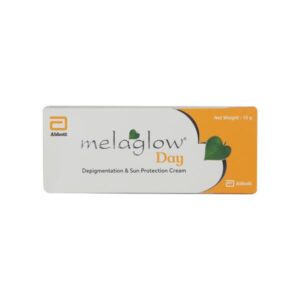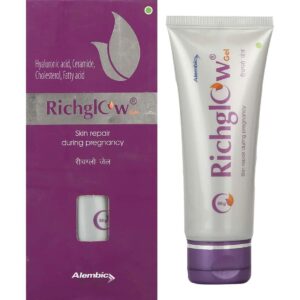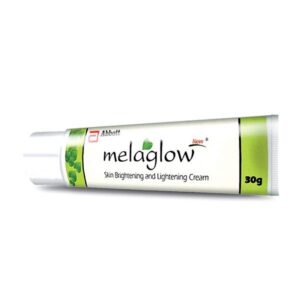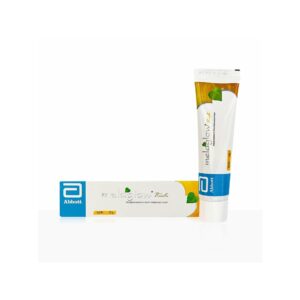SOYA ISOFLAVONES
SOYA ISOFLAVONES: Soya isoflavones are a group of compounds found naturally in soybeans and soy products. They are widely used as dietary supplements and are known for their potential health benefits.
Mechanism of Action:
Soya isoflavones are classified as phytoestrogens, meaning they have a similar structure to the hormone estrogen. They can bind to estrogen receptors in the body and exert weak estrogenic or anti-estrogenic effects. This interaction with estrogen receptors can affect various physiological processes.
Use:
Soya isoflavones are commonly used to relieve menopausal symptoms, such as hot flashes, night sweats, and mood swings. They are believed to help regulate hormone levels and alleviate some of the symptoms associated with declining estrogen levels during menopause.
Additionally, soya isoflavones have been studied for their potential cardiovascular benefits, as they may help reduce cholesterol levels and improve blood vessel function. Some evidence also suggests that they could have anti-cancer properties, particularly in hormone-related cancers such as breast and prostate cancer.
Dose:
The recommended dose of soya isoflavones varies depending on the specific product and its concentration. Generally, a typical dose ranges from 40 to 80 milligrams per day. However, it is important to follow the instructions provided on the product packaging or consult a healthcare professional for proper dosage guidance.
Side Effects:
Soya isoflavones are generally considered safe for most people when consumed in moderate amounts. However, some individuals may experience mild side effects, including digestive issues like bloating, gas, or diarrhea. Allergic reactions are rare but possible for those with soy allergies. People with a history of estrogen-sensitive cancers or hormone-related conditions should exercise caution and consult with their healthcare provider before using soya isoflavones.
It is worth noting that while soya isoflavones have shown beneficial effects in some studies, the overall evidence is not conclusive. As with any dietary supplement, it is always essential to discuss the use of soya isoflavones with a healthcare professional before starting or making any changes to your regimen.




